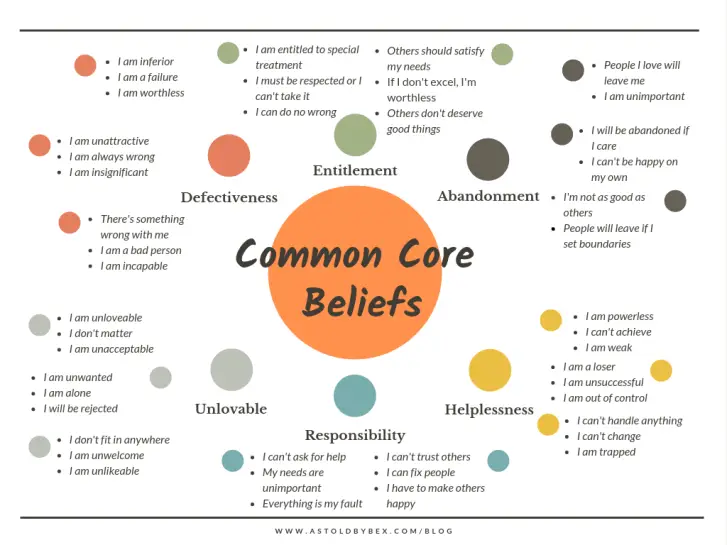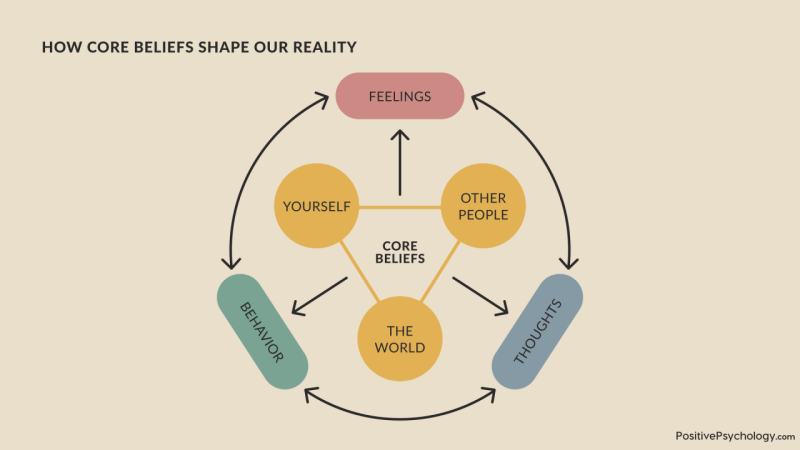Ability to Apply Counseling Theory
Upon entering graduate school and taking Counseling Theories in my first semester, I initially felt overwhelmed by the number of theories I was learning. With so many different approaches to consider, it was difficult to determine which ones I aligned with most. Additionally, my understanding at the time was limited to textbook readings and brief professor lectures, which made it challenging to fully grasp the depth of each theory. However, through additional coursework and my own research, I have broadened my theoretical knowledge and begun learning how to apply theory effectively in counseling sessions during my internship. Feedback and guidance from my supervisor, professors, and peers have been instrumental in supporting this growth.
Throughout the program, I have felt pressure to identify a primary theory to guide my work. Some of my professors would advocate for mastering a single theory, while others supported an integrative approach. I agree with creating an integrative approach. I believe counseling should not follow a “one size fits all” model. Every client is unique, with different needs and preferred ways of working. As counselors, we must be flexible and adapt our approach to meet those needs. I believe incorporating elements from various theories to develop my own style is what will serve me best as a future counselor. Of course, this requires knowledge and training across different theories to apply appropriate techniques and interventions effectively.
In my first-semester integrative theories paper, I identified my theoretical orientation as a combination of Psychoanalytic Therapy and Cognitive Behavioral Therapy (CBT). I appreciated Psychoanalytic theory’s focus on the unconscious, early childhood experiences, and how past relationships shape current behavior. Its emphasis on gaining insight into core conflicts and defense mechanisms offered a meaningful lens for understanding clients at a deeper level. At the same time, I was drawn to CBT’s structured, goal-oriented nature and its emphasis on helping clients recognize and challenge distorted thinking patterns. I appreciate how CBT provides clear, evidence-based techniques—like cognitive restructuring, behavioral activation, and thought records—that can lead to tangible, measurable progress. This balance between deeper emotional insight and practical, skills-based tools felt most promising at the time.
Now, after more time in the program and experience as a counseling intern, I’m beginning to develop my own counseling style. I currently use a person-centered foundation while integrating interventions from CBT. I am especially drawn to the person-centered approach because of its emphasis on the therapeutic relationship as the foundation for healing. I appreciate its focus on unconditional positive regard, empathy, and congruence because those create a safe and accepting space for clients to explore their thoughts and emotions. I’ve found that when clients feel truly heard and accepted without judgment, they are more willing to open up and engage in the process of self-discovery and growth. The non-directive nature of person-centered therapy allows clients to take the lead in their own healing, which I believe empowers them and fosters long-term change. I also believe in a healthy balance between structure and client-led exploration in session. I plan to continue experimenting with techniques from other theories to refine my approach, but for now, I find that I align most with person-centered and CBT.
Counseling Theories
**Click the pop out arrow on the top right corner of each document to expand**

My Work
Evaluations and Fitness to Practice from Supervisor/Professors
Helpful Articles/PowerPoints/Other information
My Approaches: Person-Centered and Cognitive Behavioral Therapy
Person-Centered

Cognitive Behavioral Therapy




Human Development Theories

My Work
Helpful Presentations/Articles for Human Development and Counseling Children
Career Development Theories

My Work
PowerPoints
Couples and Family Counseling Theories



Create Your Own Website With Webador